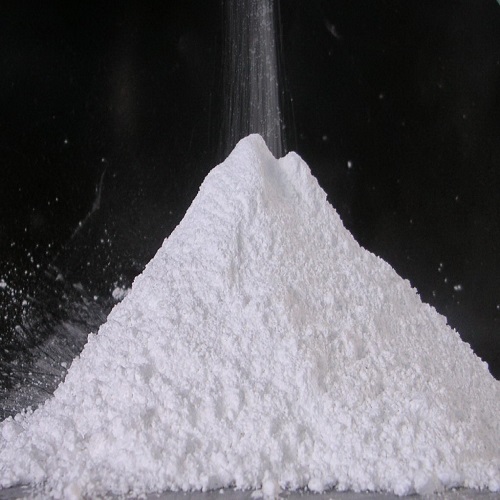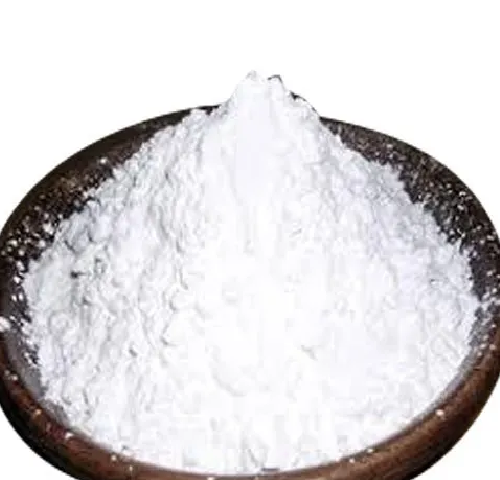The Many Benefits of Using Talc Powder in Everyday Life
March 30, 2023Understanding the Differences Between Dolomite Powder and Limestone Powder
June 12, 2023
Introduction:
Ground calcium carbonate (GCC) is a mineral compound derived from natural sources such as limestone, marble, and chalk. Through a process of grinding and pulverization, GCC is transformed into a versatile material with a wide range of applications. This blog provides an overview of the properties of ground calcium carbonate, including its physical, chemical, and functional characteristics. Understanding these properties is crucial for industries that utilize GCC, as it allows them to harness its unique qualities and leverage its benefits in diverse sectors such as plastics, papermaking, paints, and agriculture.
Physical Properties
Particle Size: Ground calcium carbonate is typically available in a range of particle sizes. The particle size distribution is an important parameter as it influences various properties such as brightness, opacity, and rheology. GCC particles can range from fine powders with average particle sizes of less than 10 microns to coarse granules with average particle sizes exceeding 100 microns.
Overview
Surface Area: The specific surface area of GCC particles affects their reactivity and absorption capacity. Generally, the finer the particle size, the larger the surface area, resulting in increased reactivity. This property is crucial in applications where GCC acts as a filler or pigment, contributing to improved product performance.
Brightness and Whiteness: Ground calcium carbonate is known for its high brightness and whiteness. These properties are crucial in applications where visual aesthetics are important, such as papermaking, paints, and coatings. The brightness of GCC is determined by factors like particle size and the presence of impurities, while whiteness is influenced by factors such as particle morphology and surface treatment.
Chemical Properties
Chemical Composition: The chemical composition of ground calcium carbonate is primarily calcium carbonate (CaCO3). However, depending on the source and processing methods, it may contain traces of other minerals such as magnesium, iron, or aluminum compounds. The presence of impurities can affect the reactivity and performance of GCC in specific applications.
Purity: High-purity GCC is desirable in applications that require strict quality standards. Impurities such as silica, iron, and aluminum oxide can impact the performance of GCC, particularly in applications where color or chemical resistance is critical. Therefore, the purity of GCC is an essential consideration in many industries.
Acid Insolubility: Ground calcium carbonate is largely insoluble in most acids, indicating its stability in acidic environments. This property is advantageous in applications where GCC is exposed to acidic conditions, such as in certain paper grades or pH-sensitive formulations. Acid insolubility ensures the durability and longevity of products incorporating GCC.
Functional Properties
Opacity and Hiding Power: GCC particles contribute to the opacity and hiding power of various materials, including paints, coatings, and plastics. The high refractive index of calcium carbonate allows it to scatter and reflect light effectively, enhancing the coverage and concealing properties of the final product. This property is particularly valuable in achieving vibrant and consistent colorations.
Rheology Control: Ground calcium carbonate can influence the rheological behavior of formulations due to its particle shape, size, and surface characteristics. In applications like adhesives, sealants, and coatings, GCC acts as a rheology modifier, imparting thixotropic properties, improving sag resistance, and facilitating better control over viscosity and flow characteristics.
Reinforcement: In rubber and plastic industries, GCC serves as a reinforcing agent, enhancing the mechanical properties of the final products. The addition of GCC particles can improve tensile strength, tear resistance, and dimensional stability, making it a valuable additive in elastomeric and polymeric materials.
Conclusion
In conclusion, ground calcium carbonate (GCC) is a valuable mineral compound with a multitude of properties that make it highly sought after in various industries. Its physical properties, such as particle size distribution, whiteness, and specific gravity, contribute to its versatility and suitability for different applications. The chemical properties of GCC, including its chemical formula, pH value, and reactivity, further enhance its utility in a wide range of processes and products. Additionally, the functional properties of GCC, such as opacity, rheology, abrasion resistance, and its role as a functional filler, provide significant advantages in terms of performance, durability, and cost-effectiveness. Whether it is used as a filler in plastics, a coating pigment in paints, or a pH adjuster in agriculture, ground calcium carbonate continues to play a crucial role in numerous industries. By harnessing its unique properties, manufacturers can optimize their processes and develop innovative products that meet the evolving needs of consumers while also contributing to sustainability and efficiency.




